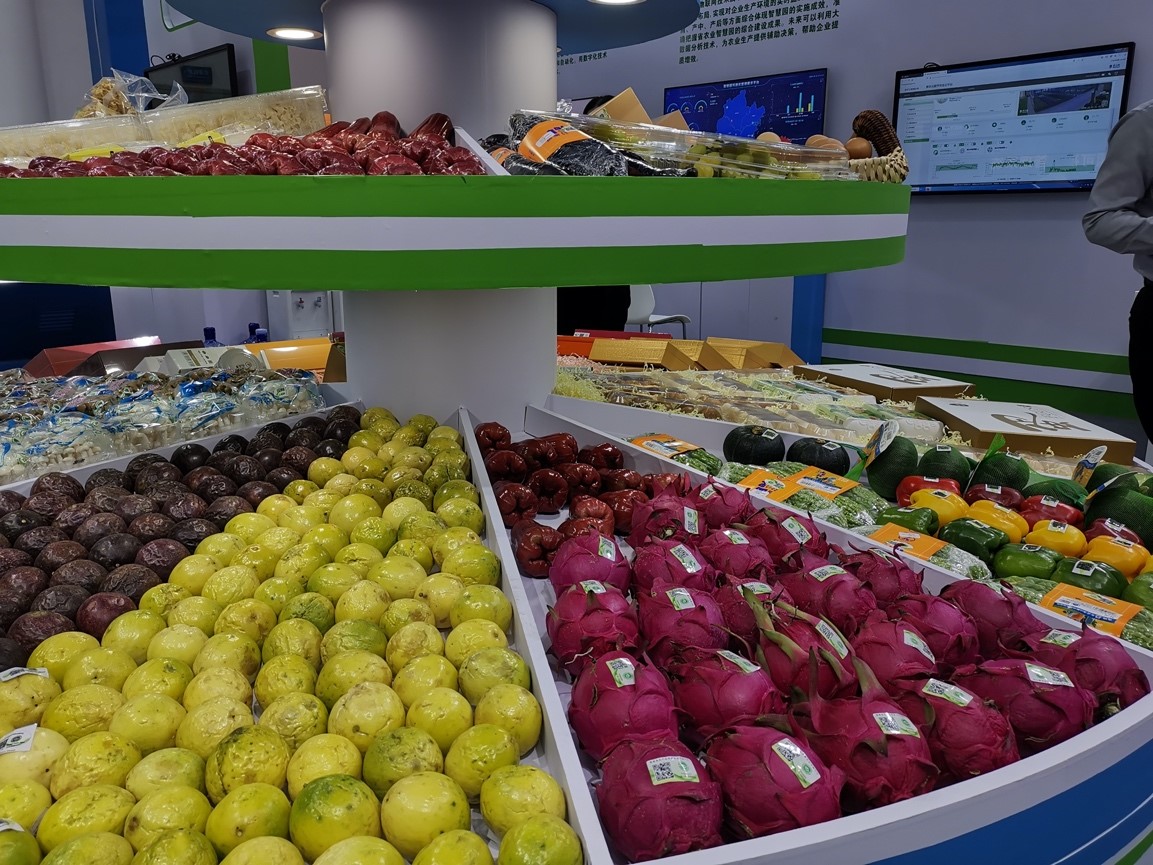01:35

The Digital China Summit is underway in southeast China's Fujian Province. This year, there's a big focus on how digital tech has helped in the fight against COVID-19.
China's top epidemiologist Zhong Nanshan sent a video clip to the summit in which he recalled how information technology helped China deal with the epidemic.
"I remember, at the onset of the epidemic, we used big data collected from over a thousand COVID-19 patients to understand their disease latency and clinical characteristics. This provided important references for early diagnosis of the disease," Zhong said.

China's top epidemiologist Zhong Nanshan sent a video clip to the summit in which he shared how information technology helped China deal with the epidemic. /CGTN
China's top epidemiologist Zhong Nanshan sent a video clip to the summit in which he shared how information technology helped China deal with the epidemic. /CGTN
Also on display were devices that use 5G networks to provide contactless services to people in need during the epidemic. An exhibitor showcased how a medical teleconferencing system helps people conduct remote rounds, multidisciplinary consultations and contact-free visits.
From face recognition to smart logistics, big data is helping people in every way, including providing better knowledge about our food.
"Each of our agricultural products has a QR code. If you scan the code, you can see how they are grown and produced," said Jiang Yusen, who works for the Fujian Provincial Department of Agriculture and Rural Affairs.

Each agricultural product has a QR code with information on how it was grown and produced. /CGTN
Each agricultural product has a QR code with information on how it was grown and produced. /CGTN
But to make everything smart takes time. Officials say global information technology still has supply chain risks, meaning China will need more self-made core technology in the future.